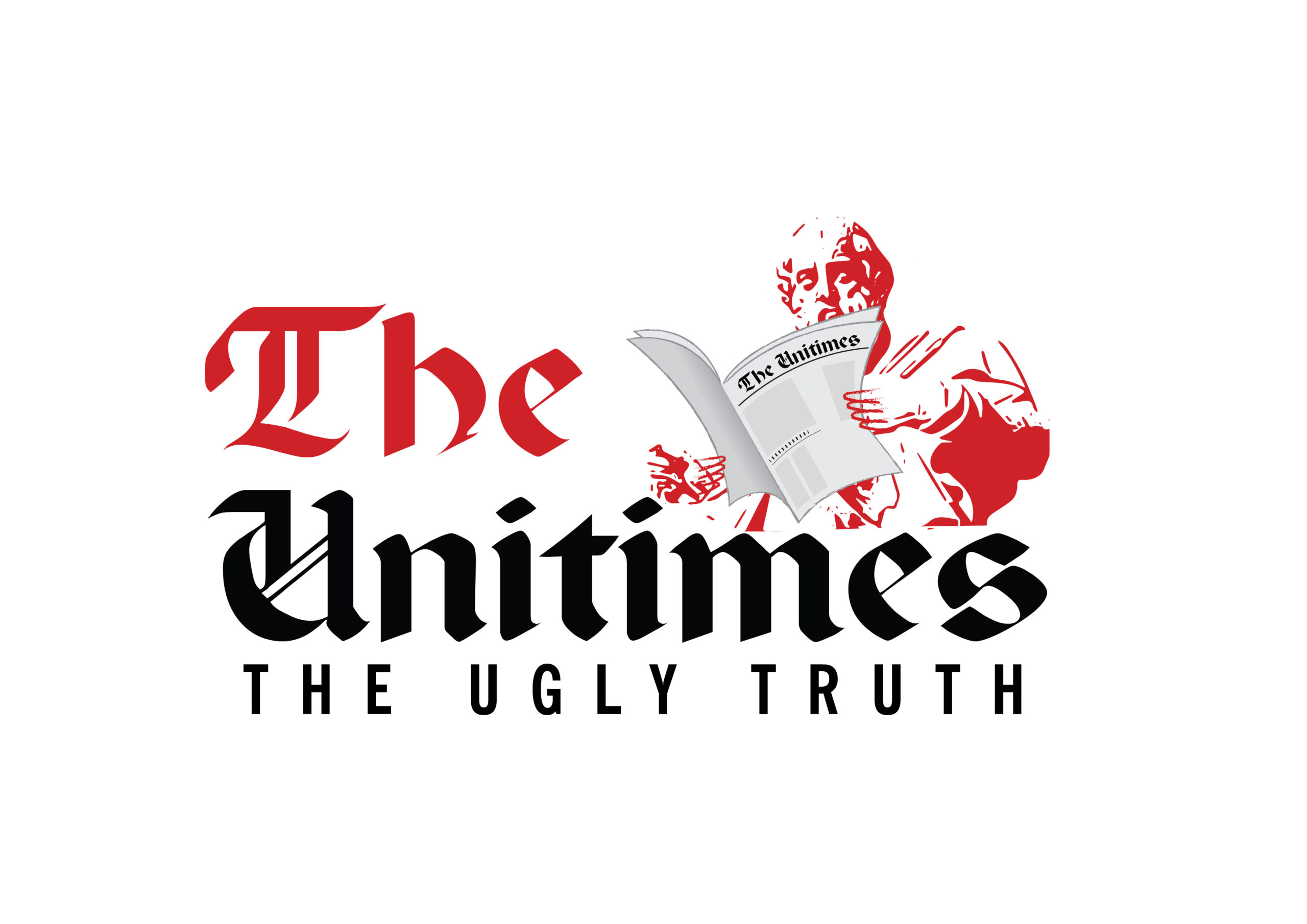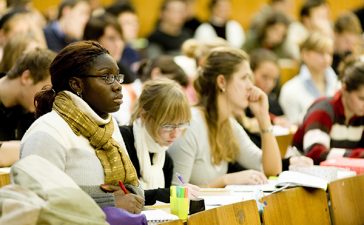Universities currently negotiate a marked tension between market orientation and addressing community needs. But there is growing concern that, if universities do not work for the benefit of society or in response to community needs, the inequities that plague the current generation will be more readily reproduced in the next.
Speaking on the issue of community engagement at the second Universities South Africa Conference (USAf), which focused on the ‘The Engaged University’, Professor Salim Vally, director of the Centre for Education Rights and Transformation and associate professor of education at the University of Johannesburg, said (referencing the late intellectual and activist Neville Alexander) that academics should be accountable, not only to their colleagues, but also to the various constituencies beyond the institutional walls.
The conference was held over three days in early October at the University of Pretoria (UP) and was the biggest the sector has hosted, with academics attending virtually from about 20 countries.
Held in partnership with the Council on Higher Education and the South African Department of Higher Education and Training, the conference saw academics gathered to discuss reimagining universities, their role and purpose and whom they serve.
The conference comes in the wake of massive disruptions caused by the COVID-19 pandemic, which forced universities to move classes online, shining a spotlight on already deep-set inequalities among staff, students and universities themselves.
Academic capitalism
Sharing a session with Professor Phindile Lukhele-Olorunju, director of research management at the University of Mpumalanga, on the topic of ‘Reimagining universities’ engagement in the context of a responsive, responsible and transformative university’, Vally highlighted current trends towards academic capitalism, saying that universities “act less like sanctums of education and research than businesses that aim to maximise revenues and take advantage of the competitiveness of spaces in which they operate”.
In addition, budget deficits and student debt and other student demands had increased pressure on universities to pursue third-stream revenue activities.
“Can we work together with students, staff and communities in a united front to confront budget austerity, instead of competing with each other? Have we squandered the possibilities that existed on a mass scale during the #FeesMustFall and decolonisation moments?” Vally asked.
He pointed out that academics are being channelled into entrepreneurial ventures. “The relevance of academic work is then linked to productivity, as measured by weighting and ranking scales,” he said.
Referring to work done by the late Professor Michael Cross, he said the theory of academic capitalism explains the integration of universities into global activities and how a variety of state resources create new circuits of knowledge and link higher education institutions into the new global knowledge economy.
Shift away from public good regime
“This should not be the trajectory since it reflects the encroachment of the profit motive into the academy,” he said – an encroachment that resulted in a shift away from the public good knowledge learning regime to an academic capitalist knowledge learning regime.
“The idea of higher education as a public good is surrendered to the bottom line. This is antithetical to the vision of an engaged university,” he argued.
Vally said certain university subjects and disciplines have strong purchase in the market and are valued more highly, while research publications are in the hands of a few transnational corporations.
Furthermore, entrepreneurship emanating from “techno utopianism”, of which robotics is an example, is embraced with evangelism. In some cases, there are university administrations which view technology as the panacea. This must be looked at critically, he argued, because of its potential to reproduce more inequality.
Vally said that, before democracy, academics worked with civil society and grassroots movements in efforts that were often negated as “mere activism or advocacy” rather than scholarly, despite there being pockets of engaged scholarship throughout the country. How universities might have supported this type of socially responsive scholarship requires more than a nuanced discussion, he suggested.
A good university was collegial rather than competitive; it had a friendly environment in which people shared facilities, instead of fearing they would lose privileges, he said.
Ploughing back into communities
Introducing the session, Professor Themba Mosia, vice-principal for Student Affairs at UP and chairperson of the Council on Higher Education, said community engagement was not “just about money and funding”.
There could be engagement without spending, he said. “There is a need to plough back into communities. If we don’t do this, nobody else will.”
Interestingly, he said, if there were a university ranking for community engagement, institutions would “rush to take it seriously”.
Instead, some universities view community engagement as an “add-on”, or “a nice-to-have” philanthropic activity.
“We need to apply our minds to this. There is resistance to it as well as pockets of excellence. We need to look deeper and to coordinate this in a way that can make an impact on society,” he said.
Describing the reimagining of universities as a “process rather than an event”, Lukhele-Olorunju said community engagement entails more than the involvement of the “village next door” and local communities around the university: universities have national and international stakeholders.
Furthermore, for a university to engage effectively, it needs to engage with communities, societies, scholars, staff, students and other stakeholders locally, nationally, regionally and globally, she said.
Lukhele-Olorunju said community engagement was happening in universities, but there was room for improvement. “It does not mean that what is taking place is not working. We can make it better. It speaks to the saying, ‘If it’s not broken, don’t fix it’.”
Referring to her own university as being responsive to the socio-economic and geopolitical needs of the region, she said it was engaging with stakeholders involved in mining, nature conservation management, heritage, forestry and agriculture – all aimed at improving lives.






